Following our top 50 films of 2019, we’re sharing personal top 10 lists from our contributors. Check out the latest below and see our complete year-end coverage here.
To paraphrase Drake, “Where should I even really start?” 2019 was a year full of cinematic riches informed by dominant forces of the day: global politics, streaming (with an endless river of tech money), and an increased push across the board to include diverse voices at both festivals and in studios, which has led to more innovative storytelling across the board. Certainly, there is more work to be done but 2019’s global filmmakers went to work reflecting our collective dreams, fears, and anxieties. Streaming services like Netflix, Amazon, and Apple TV+ created and distributed content in a kind of arms race that truly benefits consumers.
Streaming and the need for prestige content like The Irishman and Marriage Story (typically the domain of studios or their indie labels) has democratized the art house, bringing it direct to the consumer. Cinemas have reacted by going global–with AMC, Cineworld, Cinepolis, and Kinepolis operating screens on multiple continents. The takeaway is that cultures are different but under it all, from Union Square, Manhattan to Leicester Square, London, the moviegoing experience is fueled largely by the same hopes, dreams, and fears–and the desire to experience those collectively. Who is getting to tell these stories is evolving and will continue to evolve as exhibitors and streamers fight it out for eyeballs and butts in seats.
Filmmakers and audiences have proved to be the beneficiary of the fight from peak TV to peak cinema, exposing audiences to a new set of rich, emotional, and intellectual experiences. 2019 was an exciting year and while business models will continue to see disruption, storytellers will continue to innovate.
Honorable Mentions: Marriage Story, Hala, Midsommar, Under the Silver Lake, The Chambermaid
10. Little Women (Greta Gerwig)
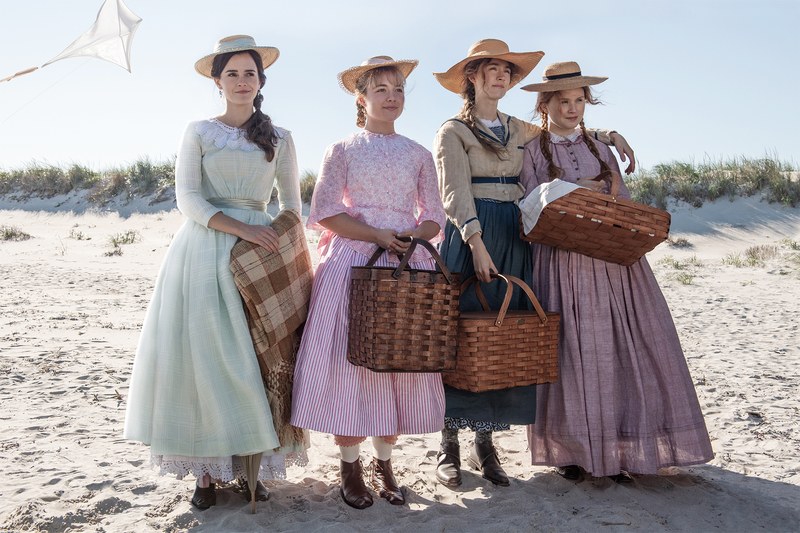
A classic brought to new contemporary life by Greta Gerwig and an exceptional set of performances by Saoirse Ronan as Jo, Emma Watson as Meg, Florence Pugh as Amy, and Eliza Scanlen as Beth. Little Women is an empowering, hilarious, and often moving picture that reassembles the episodes of the March family’s life into notes for Jo’s novel. Gerwig marries handsome period filmmaking with universal emotions, creating a film that will undoubtedly be as loved as its source material in the years to come.
9. Pain and Glory (Pedro Almodóvar)
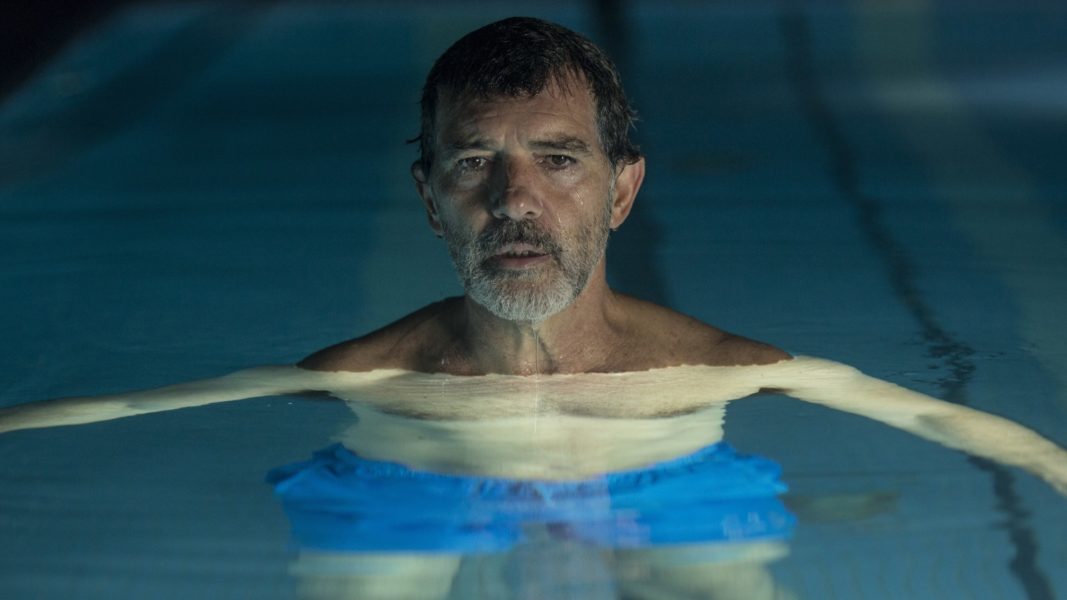
Spanish master filmmaker Pedro Almodovar’s Pain and Glory is a wise and witty look at aging as a film director (Antonio Banderas) reflects on his career, relationships, and his future while he reconnects with the ghosts of movies past. Beautifully written, acted and directed, Pain and Glory is a captivating and personal picture that’s moving while retaining the light, playful touches of many Almodóvar classics.
8. Uncut Gems (Josh and Benny Safdie)
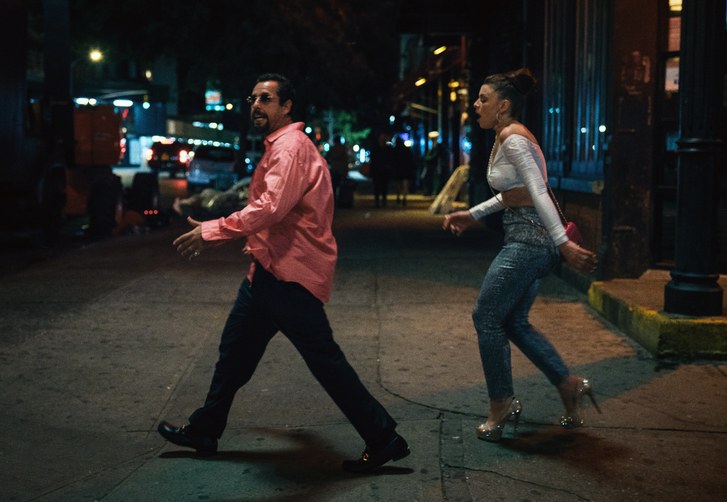
Like amusements parks do for thrill rides, movie theaters ought to put up signs warning folks with heart conditions that Uncut Gems may not be for them. Josh and Benny Safdie continue to scale up their efforts without selling out, making a picture with the energy of their earlier works like The Pleasure of Being Robbed and Heaven Knows What. This time it’s with a cast that includes Adam Sandler, Kevin Garnett, Idina Menzel, and Eric Bogosian. Sandler is brilliant as Howard, a jeweler in over his head, in a film that begins with a tour of his colon and continues to probe.
7. American Factory (Julia Reichert and Steve Bognar)
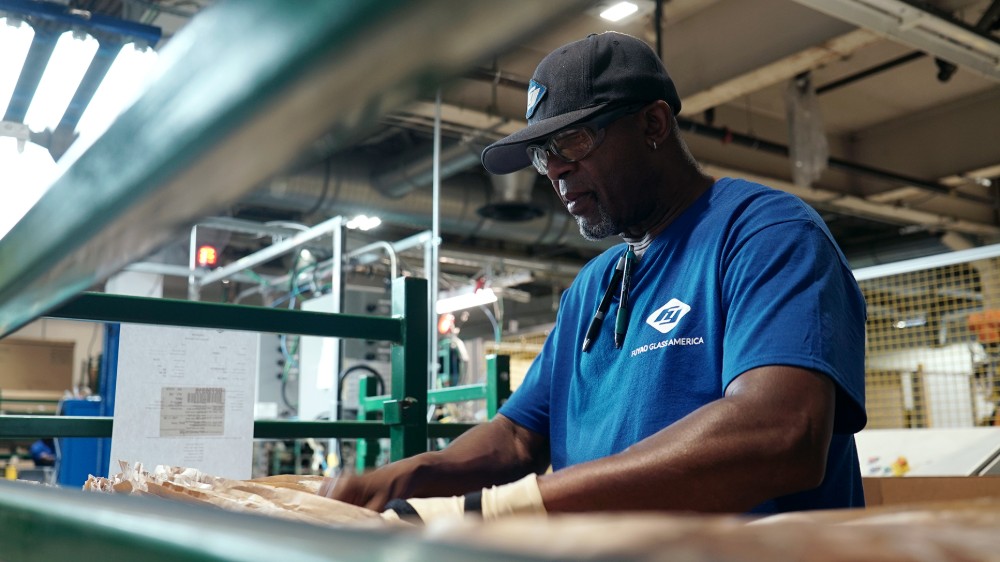
After the Chinese glassmaker company Fuyao arrives in Dayton, Ohio to reopen a shuttered General Motors plant, everyone soon realizes it’s going to be an unhappy marriage, from broken labor laws to missed production deadlines to environmental hazards. Julia Reichert and Steve Bognar receive unprecedented access to the plant, its workers, and Fuyao’s management, creating an essential portrait of labor in the age of globalization as Chinese workers and their American counterparts struggle to work together. American Factory is a frank and rich portrait of the organization from the front lines to the boardroom and a new documentary classic.
6. A Hidden Life (Terrence Mallick)
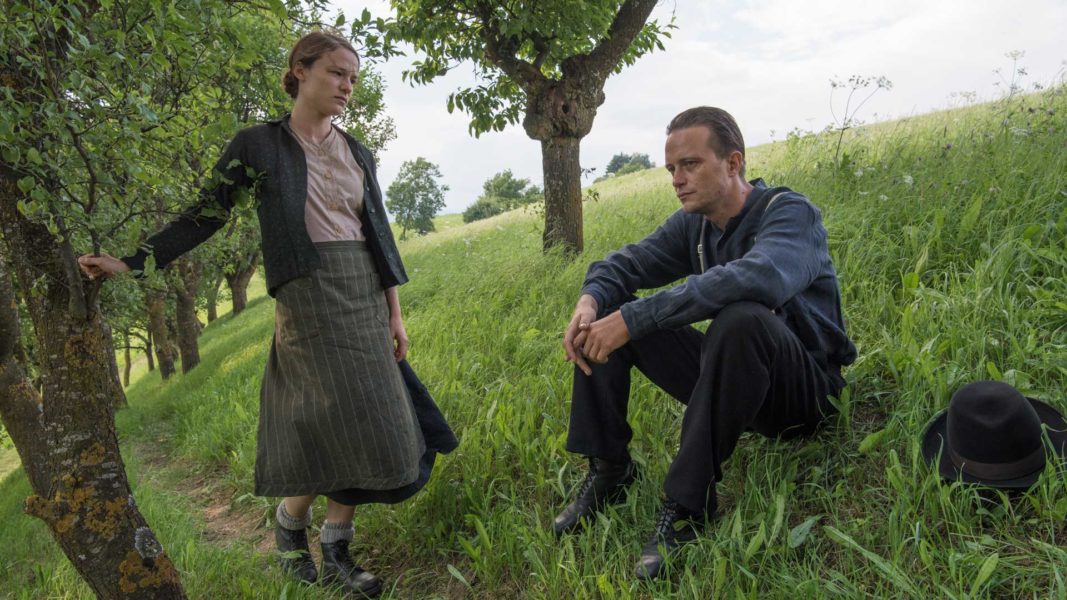
A breathtaking and timely picture by Terrence Mallick, it is perhaps narratively the most straightforward picture of his since The New World (or perhaps even Badlands) while still taking time to ruminate on the internal lives of its characters, a peasant farmer (August Diehl) and his wife (Valerie Pachner) as they follow their faith and resist Hitler and the Third Reich. Filled with impressive and immensely physical performances, Malick marries his poetic sensibilities into a timely and deeply moving period drama.
5. Her Smell (Alex Ross Perry)
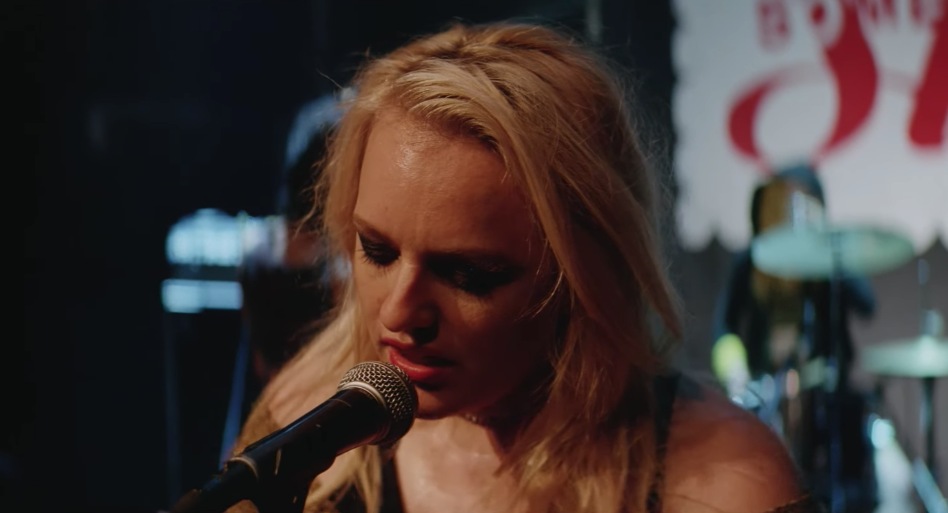
Led by a tour de force performance by Elisabeth Moss, Her Smell is an electrifying biopic of fictional ’90s icon Becky Something, an alt-rock girl group. Like last year’s stunning Vox Lox, Her Smell is an intimate and fascinating epic kept at a human scale as Becky battles her demons both internal and external.
4. Once Upon a Time… in Hollywood (Quentin Tarantino)
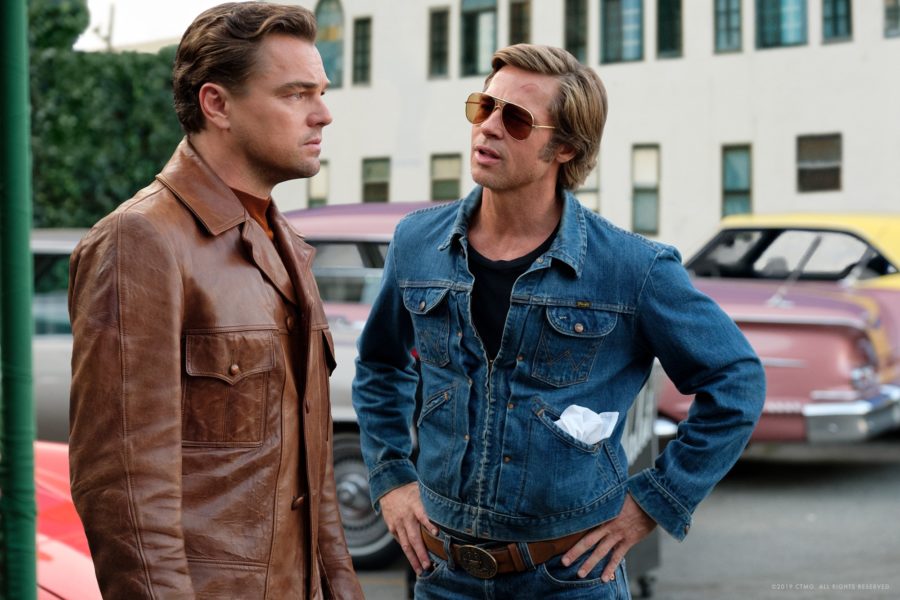
A quintessential flick about the fine art of hanging out, Once Upon a Time… in Hollywood shows off a kinder, gentler side of Quentin Tarantino while still remaining provocative as it teases the horror to come. A picture-perfect period film that explores the changing landscape of Hollywood circa 1969 as Rick Dalton (Leonardo DiCaprio), a conservative cowboy hero, struggles to find his niche in the era of the hippy, confiding in his best friend and stunt double Cliff Booth (Brad Pitt).
3. High Life (Claire Denis)
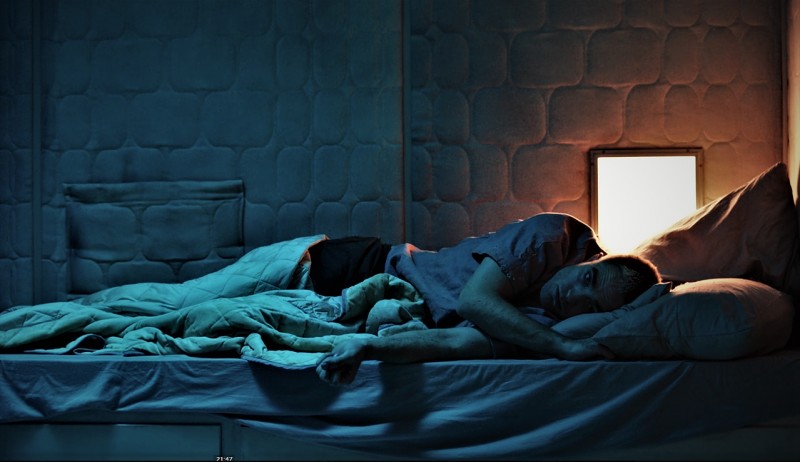
Legendary director Claire Denis takes her colonial interests to space in a fascinating, brilliant, mind-bending science fiction thriller that shows she’s in no danger of crossing over into the Marvel Cinematic Universe anytime soon. Starring Robert Pattinson as a criminal who is assigned to a space mission as part of a life sentence, he soon grapples with survival and fatherhood in an intimate, dark, and violent feature that’s among her best films.
2. Blinded by the Light (Gurinder Chadha)
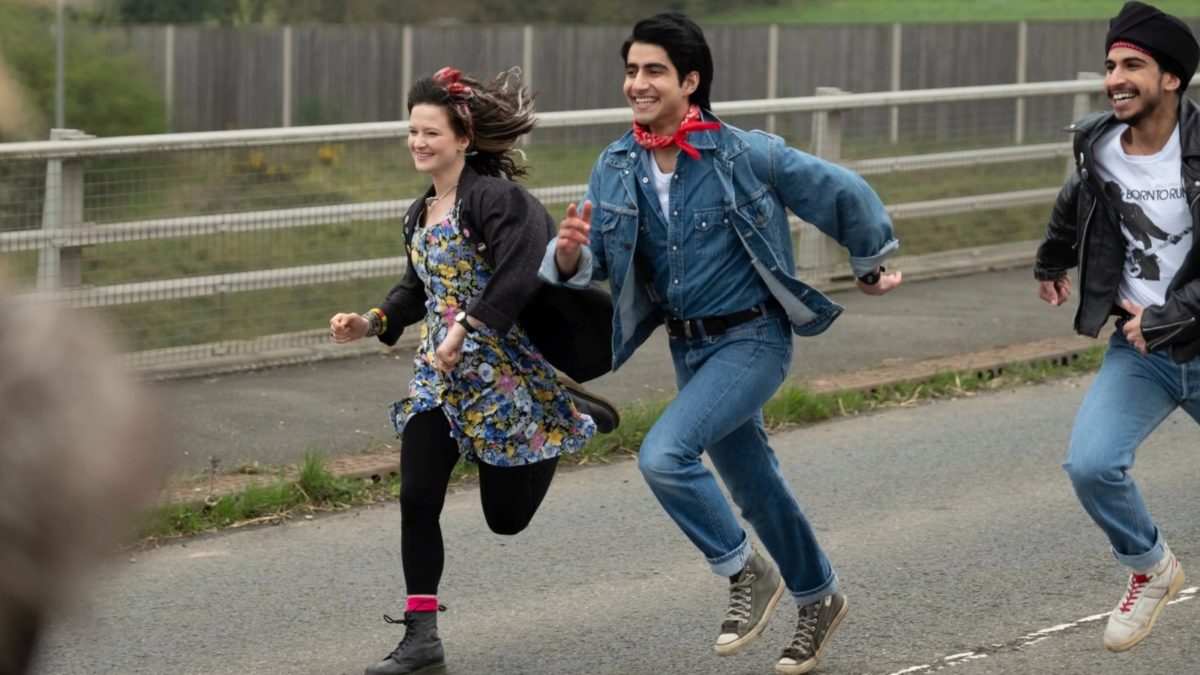
You don’t have to be a fan of The Boss to relate to one of the year’s most impactful coming-of-age films. Set in 1987 when Bruce Springsteen, an icon of the late ’70s, was starting to lose his edge amongst the youth, his music is discovered by Javed (Viveik Kalra), a boy from a traditional Pakistani family trying to find his way in the polarized climate of the Thatcher era. Directed by Gurinder Chadha, this late-summer crowd-pleaser delivers a sublime range of the emotions as Springsteen’s lyrics and biography merge into that of author Sarfraz Manzoor (whose memoir serves as the basis for the picture). At my screening (full disclosure: in New Jersey) Blinded by the Light was met with laughs, cheers, and tears–exactly the kind of catharsis you’d associate with Springsteen at his best.
1. Parasite (Bong Joon Ho)
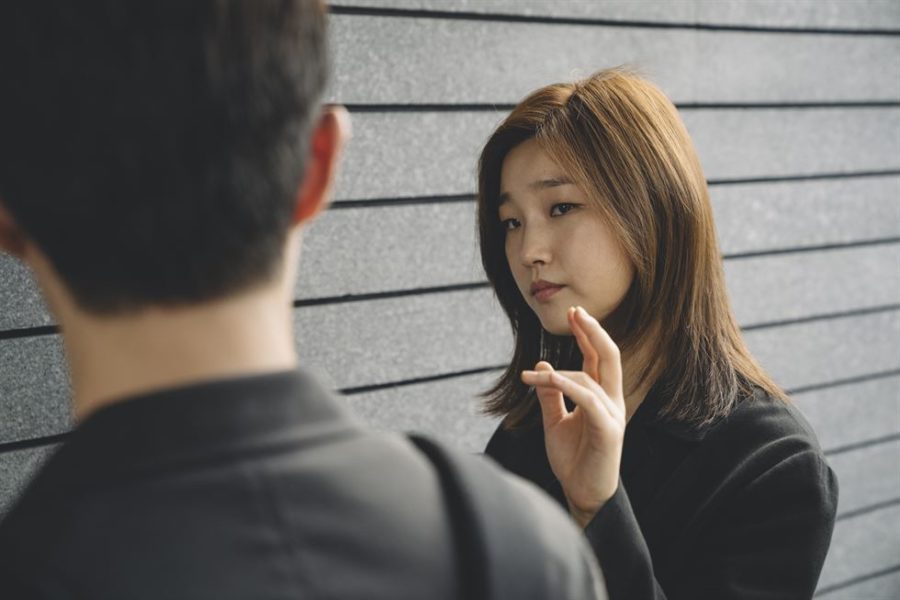
A rich, shocking, and hilarious film that skewers (literally) the aristocracy, providing a sharp social commentary as one family struggling to gets by invades another, creating a symbiotic relationship that turns in unexpected ways. Bong Joon Ho’s best and richest work marries genre and art house conventions, creating a timely and essential film that reflects universal anxieties about class and the value of a day’s work.
